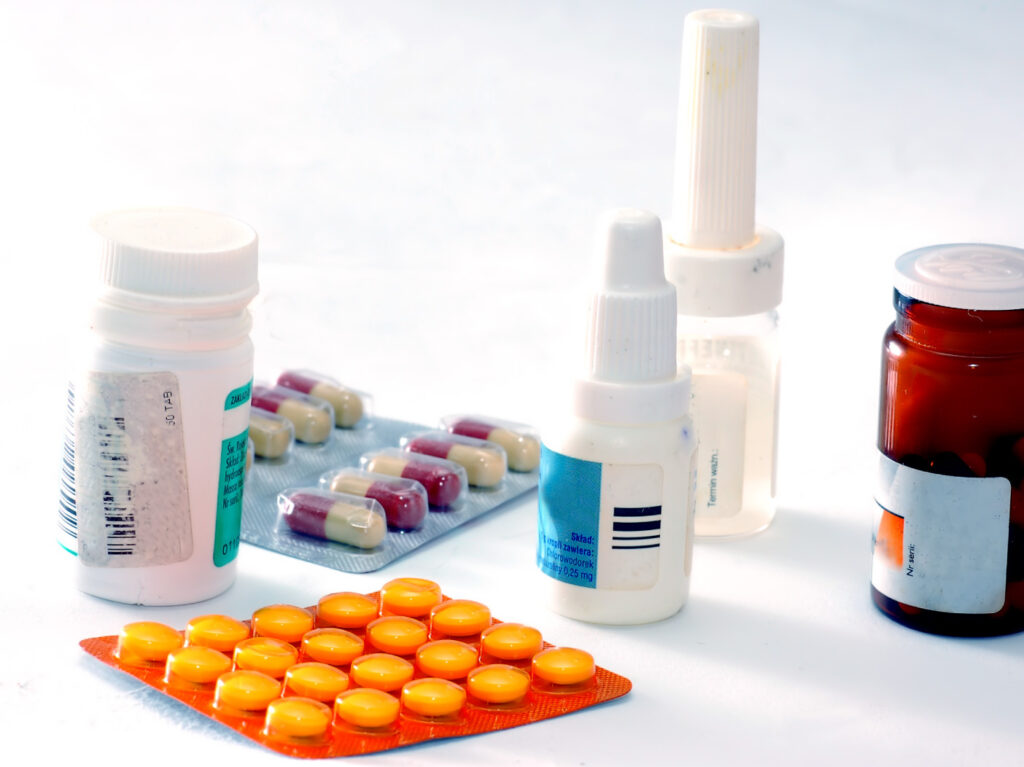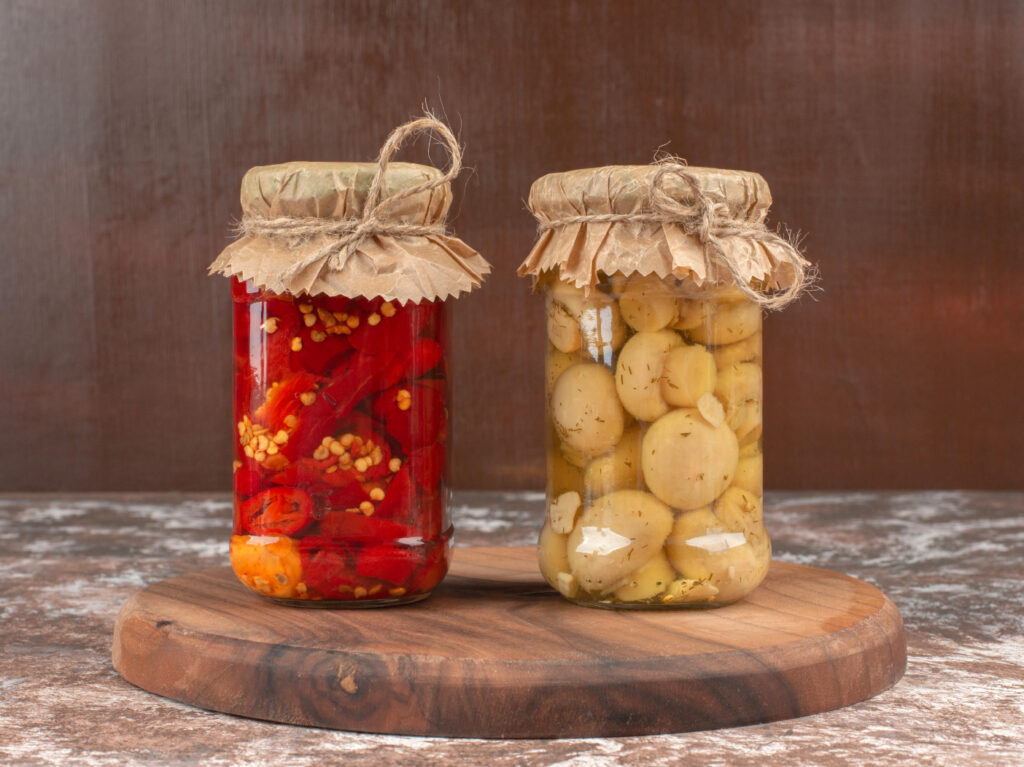Antibiotics And More- How Drugs Affect Your Gut Health
When was the last time you popped an antibiotic to cure the minor flu or an upset stomach? Are you someone who resorts to antibiotics even for the smallest of infections? Then it’s definitely a thing to worry about.
Let’s delve deeper to understand how antibiotics and other drugs can affect your body, specifically your gut health.
Drugs and Gut Microbiome
Our gut is home to trillions of bacteria, fungi, and even viruses. Together, these microbial communities comprise the gut microbiome. Any imbalance in these microbial populations may lead to impairment of gut functionality and can also give rise to several gastrointestinal disorders.
Several commonly used drugs can affect the gut microbiome. These include both antibiotics as well as non-antibiotics. Antibiotics are medicines that are given to cure infections caused by bacteria.
All these medications have the ability to alter the gut microbial composition. And changes in the gut flora are found to be associated with liver diseases, diabetes, obesity, cancer, and even some neurodegenerative diseases.
Some widely used drugs, in addition to causing toxicity, some widely used drugs are also responsible for antibiotic resistance.
Do you often wonder why the antibiotic you took last time stopped working this time, even though you had the same infection? Yes, this happened because the infection-causing microbes had developed resistance against this antibiotic and had nullified its effect.
How Drugs work
Ever pondered what happens to the drugs once they are inside your body?
Most medicines move through the gastrointestinal tract, get absorbed in the blood, and then finally reach the target organs where the infection exists.
This is one of the greatest reasons why most drugs affect your gut health.
Antibiotics exert their effect either by killing the infection-causing organisms or preventing them from spreading and multiplying. Antibiotics do not act against viral infections such as colds, sore throats, flu, or coughs. Instead, they block the essential processes in bacteria, thereby killing them. They can also stall the bacteria’s ability to multiply. This, in turn, supports the natural immunity of the body to fight off bacterial infection in a better way.
But this also comes with its downside. These drugs also affect your gut health in the process of curing you from a bacterial infection.
Drugs affect your gut health.

The gut microbiome is dynamic and changes with changes in the diet, exercise, sleeping pattern, and even the medications one takes.
Imbalance in the gut microbial communities, also referred to as ‘dysbiosis,’ may lead to an overgrowth of bad bacteria in the gut. This, in turn, may pave the way to a plethora of gastrointestinal issues and many recurring infections.
Antibiotics, although life saviors, come with their side effects, such as killing the good bacteria along with the harmful ones. When a person is on a course of antibiotics, they should try to mitigate the side effects of these medicines by restoring the microbial populations in their gut. This restoration is important for the maintenance of good gut health and the overall health of the person.
Several drugs and drug combinations can negatively affect the microbial composition as well as the state of their existence and functionality in the gut. You must have observed that you get an upset stomach and diarrhea; if you are on a course of antibiotics for some infection or if you have had surgery.
Here are some side effects that regular antibiotic consumption can have on your gut:
- Reduced Diversity of microbial flora
Studies show that healthy people have a greater diversity of microbes in their gut than people with chronic ailments such as Diabetes, cancer, cardiovascular disease, and even obesity.
A less diverse microbial flora in the gut may lead to a reduced capacity of these microbes to produce beneficial substances in the gut. As a result, the individual can develop gastrointestinal disorders and other ailments.
- Bacterial imbalance/ Dysbiosis
One of the most important side effects of taking antibiotics regularly is that the equilibrium of good and bad microbial populations maintained in the gut goes for a toss. The bad bacteria start overriding the good ones, thus leading to a diseased condition.
Some drugs can also directly impact the growth of certain bacteria, thus changing the gut microenvironment. The loss of beneficial bacteria can also lead to a reduction of other good bacteria, which depend on those beneficial bacteria for producing metabolites. This is one of the ways how some drugs affect your gut health.
- Development of antibiotic Resistance
Overuse of antibiotics can also lead to antibiotic resistance, which means that some bacteria develop resistance and prevent the antibiotic from killing them. They tend to grow even in the presence of antibiotics. The mechanisms by which they do this are complex.
- Effect on Immunity
Another major side effect of not using antibiotics judiciously is the effect on the body’s immunity. 70-80% of our immunity lies in the gut, and there are different types of immune cells that are present inside the gut. Antibiotics can affect the development and function of these cells, thus making us susceptible to many infections.
So if you think that antibiotics can cure everything from coughs to colds to infections, then you need to think again and understand the cons of overusing them.
Now that you have learned about antibiotics. It’s also important to understand how other drugs affect your gut health. These include the non-antibiotics.
Several other drugs can affect our gut health negatively, and these include:
- Proton inhibitors– Drugs that inhibit acid production in the stomach, treat acid reflux and indigestion, and also cure stomach ulcers caused by Helicobacter Pylori. (Bacteria present in the stomach).
- Metformin-It’s a common drug that is used to treat Type II Diabetes.
- Laxatives-These are the drugs that are used to treat constipation.
- Antidepressants
What can you do to mitigate the side effects?

- Taking Probiotics– Antibiotic-associated diarrhea is a very common side effect, so to counter that, you should take plenty of probiotics, both before and after taking the antibiotic. But, keep a time gap of about 2-3 hours between consumption of the two, as the probiotics also contain good bacteria which can get killed by the antibiotic.
- Fermented Foods– Being a rich source of healthy bacteria. You can supplement your diet with different types of fermented foods such as yogurt, kimchi, tempeh, saurkraut, traditional buttermilk, and kombucha.
- Fibrous foods– Make up the loss of good bacteria from your gut by treating it to a variety of fibrous foods. Bacteria in your gut love fiber because it stimulates their growth. So, for their restoration, try to include nuts, seeds, lentils, beans, broccoli, peas, bananas, artichokes, and berries in your diet.
Bottom Line:
Do not take antibiotics unnecessarily; take them only when you need them or when the doctor has prescribed them. Always include probiotics and fiber-rich foods when you are on a course of antibiotics.
For more information on health and life, download the JoyScore App.



